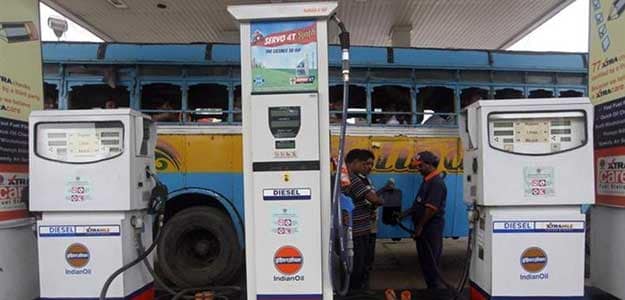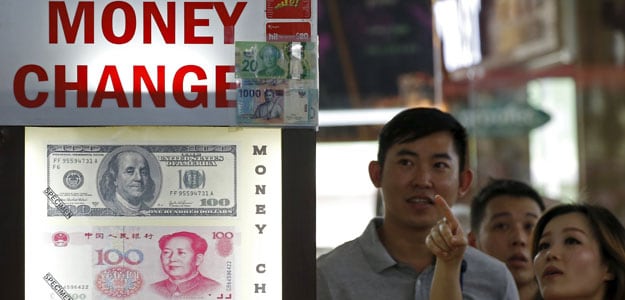
Shares of Logistics companies like Gati, Snowman Logistics,
TCI Industries, Aegis Logistics, Allcargo Logistics and VRL Logistics
gained between 3-10 per cent on Wednesday as a glimmer of hope has
emerged on the Goods and Services Tax (GST) Bill.
Minister of state for finance Jayant Sinha told NDTV that convening a special session of Parliament remains an option for passing the GST Bill.
The GST - which creates a single national sales tax to replace a matrix of unwieldy and complicated levies by the states and central government - was stalled in the Rajya Sabha last month.
"The tax reform is crucial for the economy and we are making every effort to build consensus," Parliamentary Affairs Minister Venkaiah Naidu said on Tuesday after meeting Mallikarjun Kharge, the leader of the opposition Congress in the Lok Sabha.
Unless the GST Bill is cleared urgently by Parliament, there are fears that it could not be rolled out by the April 2016 deadline set by the government.
According to analysts, logistics companies will be among the biggest beneficiary of the GST implementation as it will hasten the movement of goods.
As of 11.05 a.m., shares of Gati traded 6.4 per cent higher at Rs 133.60, Snowman Logistics was up 4.24 per cent at Rs 93.50 and Aegis Logistics advanced 4.63 per cent to Rs 760.90 compared to a 0.3 per cent gain in the broader Nifty.
Minister of state for finance Jayant Sinha told NDTV that convening a special session of Parliament remains an option for passing the GST Bill.
The GST - which creates a single national sales tax to replace a matrix of unwieldy and complicated levies by the states and central government - was stalled in the Rajya Sabha last month.
"The tax reform is crucial for the economy and we are making every effort to build consensus," Parliamentary Affairs Minister Venkaiah Naidu said on Tuesday after meeting Mallikarjun Kharge, the leader of the opposition Congress in the Lok Sabha.
Unless the GST Bill is cleared urgently by Parliament, there are fears that it could not be rolled out by the April 2016 deadline set by the government.
According to analysts, logistics companies will be among the biggest beneficiary of the GST implementation as it will hasten the movement of goods.
As of 11.05 a.m., shares of Gati traded 6.4 per cent higher at Rs 133.60, Snowman Logistics was up 4.24 per cent at Rs 93.50 and Aegis Logistics advanced 4.63 per cent to Rs 760.90 compared to a 0.3 per cent gain in the broader Nifty.




